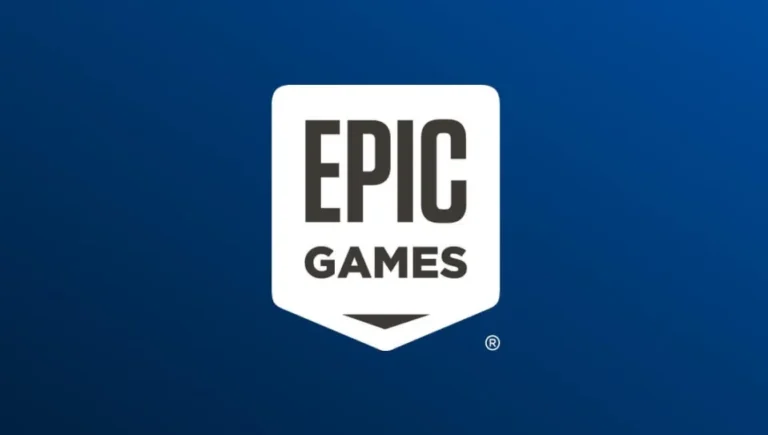The business has won an antitrust lawsuit against Google, but it is not backing down from its demands.
Back in December, Epic Games prevailed against Google in a dispute involving antitrust violations. Google was found to have engaged in anticompetitive tactics with some gaming businesses and device makers, as well as holding an illegal monopoly on in-app payment and app distribution on Android smartphones, according to the findings of a jury.
On because of the fact that the remedies had not yet been decided upon, it was not clear at the time what Epic had actually won. Currently, the creator of Fortnite has presented Google with a proposed permanent injunction, which includes a detailed description of what it wants. To put it succinctly, Epic desires for the Play Store to be nearly completely open.
Epic made the observation in a blog post that the injunction is founded on three fundamental points. To begin, Epic is of the opinion that Google should make it possible for customers to download applications from any location they choose without causing any inconvenience. It states that individuals should be able to add applications to Android devices in a manner that is comparable to how they can do so from a computer, which is to say, from any app store or websites.
Epic wants to prevent Google from discouraging users from downloading applications from the internet (but it is fine with Google blocking malware that is downloaded from the internet). Additionally, it seeks to prevent the corporation from collaborating with mobile phone manufacturers and carriers in order to restrict the number of options available to customers for downloading applications. The constraints that are placed on pre-installed app stores are something that Epic wants to see removed, among other things. In the event that the injunction is granted, it is possible that in the future, Android phones will come pre-loaded with an application from the Epic Games Store.
Second, Epic contends that Google ought to let developers and consumers the flexibility to select how they offer and pay for in-app purchases, “free from anticompetitive fees and restrictions.” Both parties should be able to make their own decisions. It is argued that Google should permit developers to incorporate links from their applications to websites. By doing so, developers would be able to circumvent Google’s cut of in-app payments that are processed through the Play Store, which would allow them to provide discounts within their applications.
Epic began its legal war with Google (and Apple) in the year 2020 by bringing to the attention of Fortnite mobile gamers the fact that they might save money by purchasing the V-bucks currency directly from Epic. In accordance with the proposed injunction, Google would be prohibited from attempting to hinder alternative payment methods by means of compliance programs such as User Choice Billing.
A third objective of the proposed injunction that Epic is pursuing is to prevent Google from taking retaliatory action against it (or any other app or developer) for challenging the practices of app stores. “Google has a history of malicious compliance and has attempted to circumvent legislation and regulation meant to reign in their anti-competitive control over Android devices,” Epic stated in its statement. “Our proposed injunction seeks to block Google from repeating past bad-faith tactics and open up Android devices to competition and choice for all developers and consumers.”
There are more specifics on Epic’s demands that are included in the injunction. One of these demands is for Google to separate its products and services (including Android APIs) from the Play Store. Epic is requesting that Google grant permission to third-party app stores to upload their products to the Play Store without charging them any fees, and that these app stores also be granted access to the Play Store’s collection of applications. In addition to that, it would imply that the third-party app shops would be permitted to handle updates for Play Store applications. Epic is of the opinion that Google should establish a compliance committee in order to guarantee that it is also adhering to the injunction.
There is a possibility that we will not have to wait too much longer to learn the exact number of Epic’s requests that the court will grant. A hearing on the injunction is scheduled to take place on May 23, and Google will provide a response to the plan by May 2.
According to a statement released by Google, a spokeswoman for the company told Engadget that “Epic’s filing to the US Federal Court shows again that it simply wants the benefits of Google Play without having to pay for it.” “We will continue to challenge the verdict because Android is an open mobile platform that faces fierce competition from the Apple App Store, as well as app stores on Android devices, personal computers, and gaming consoles,” the statement read.
As a result of the Digital Markets Act that was passed in the European Union, Google is being forced to implement a great deal of similar modifications. With that being said, Alphabet, the parent company of Apple, and Apple itself are already being investigated due to worries that they are not enabling developers to bypass the Play Store and the App Store without restriction.
While this is going on, Epic is planning to launch a mobile app store in the European Union (EU) later this year, which will be compatible with both iOS and Android. It is also continuing to fight Apple on payments made by third parties in the United States.

